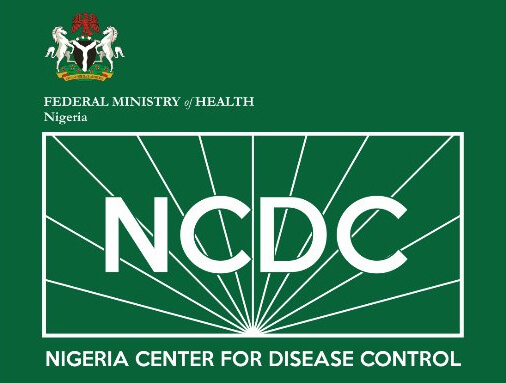The Nigeria Centre for Disease Control and Prevention (NCDC) revealed that 14,237 cholera cases have been reported across 35 states as of October 13, 2024.
READ ALSO:NCDC Activates Emergency Operations Centre for Lassa fever
The Director General NCDC, Dr Jide Idris made this known during a press briefing on update of ongoing Response to Infectious disease outbreaks and other Events of Public Health Importance in Nigeria and Globally in Abuja the nations capital.
He said the outbreak has resulted in 378 deaths, underscoring a severe public health crisis. “Our commitment to safeguarding the health of Nigerians remains unwavering”. He said.
TDr. Idris said the cholera situation is particularly alarming as recent heavy rains and flooding have worsened the spread of the disease. “The floods have made northern states, such as Borno and Yobe, the epicenters of this outbreak,” he noted.
The shift in cases from southern to northern states reflects changing environmental conditions, with the number of suspected cases more than doubling compared to last year.
“In response to the cholera outbreak, the NCDC has deployed rapid response teams to affected areas. “Our teams are coordinating with local health officials to provide critical supplies,” he emphasized, highlighting the distribution of medicines and water purification tablets. These efforts aim to mitigate the outbreak’s impact and save lives.
Dr. Idris said the NCDC is also collaborating with the National Primary Health Care Development Agency (NPHCDA) to implement reactive cholera vaccinations in internally displaced persons (IDP) camps.
“This collaborative effort has proven crucial in reducing reported cases,” he stated, reinforcing the importance of targeted interventions.
Mpox
The Director General announced 102 confirmed cases across 26 states, with no recorded deaths to date. “While we remain vigilant, enhanced surveillance has significantly improved case detection,” he remarked, stressing the importance of monitoring variants of the virus circulating in neighboring countries.
“The NCDC’s response strategy to Mpox includes a strong emphasis on community engagement”. “We are working closely with local health authorities to raise awareness about prevention,” he said. Educational materials are being distributed to ensure that accurate information reaches even the most remote areas.
To further bolster the response, the NCDC is training public health workers on effective management of Mpox cases. “Expanding laboratory testing capacity in strategic states is a priority,” he added, highlighting the need for timely and accurate diagnostics.
In addition to cholera and Mpox, Dr. Idris said that the NCDC is preparing for the upcoming Lassa fever season, reporting 1,018 confirmed cases and 172 deaths since the beginning of 2024.
“Sporadic cases continue to be reported, particularly as we approach the dry season,” he warned, emphasizing the persistent threat of this disease.
“The NCDC has been proactive in strengthening its response to Lassa fever. “We are focusing on rapid case detection and effective management,” he stated, mentioning the procurement of essential medical supplies and the training of healthcare workers.
Cerebrospinal Meningitis (CSM) was also a focal point during the briefing.
The Director General reported that over 400 healthcare workers are currently being trained in case management. “Our goal is to ensure that our response strategies are evidence-based and cost-effective,” he noted, reiterating the importance of preparedness.
“On the global front, the NCDC is closely monitoring the Marburg virus outbreak in Rwanda, which has seen 62 confirmed cases and 15 fatalities. “There is potential for localized transmission if the virus reaches Nigeria,” he cautioned, highlighting the need for vigilance among travelers from affected regions.
The Director General urged the public to practice preventive measures, stating, “Avoid contact with wild animals and seek medical attention if symptoms arise.” He emphasized the critical importance of hygiene practices in controlling infectious diseases.
Dr. Idris reaffirmed that public health is a shared responsibility. “Together, we can overcome these challenges and build a healthier Nigeria,” he calling on state governments, private organizations, and communities to commit to timely disease reporting and intervention.
“The NCDC remains dedicated to strengthening the health system and enhancing collaboration with local and international partners”. He said. “Our collective efforts will help us build a stronger response to these public health threats,” he added, encouraging ongoing vigilance and proactive measures from all Nigerians.


Comments are closed.